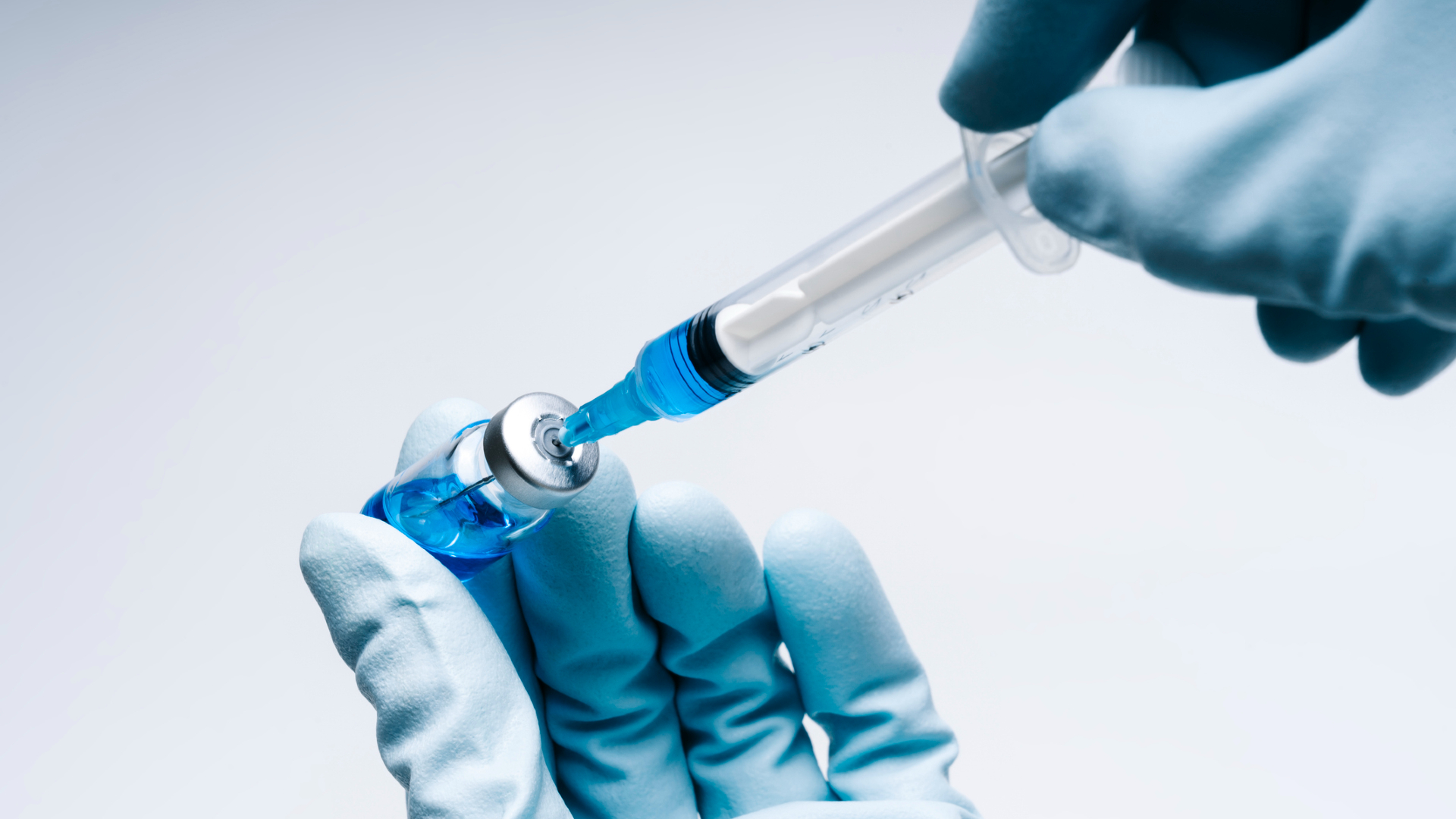Will coronavirus spread in the US? It's not 'if' but 'when,' CDC says.
This week, other countries have reported community spread with no known sources.

Get the world’s most fascinating discoveries delivered straight to your inbox.
You are now subscribed
Your newsletter sign-up was successful
Want to add more newsletters?

Delivered Daily
Daily Newsletter
Sign up for the latest discoveries, groundbreaking research and fascinating breakthroughs that impact you and the wider world direct to your inbox.

Once a week
Life's Little Mysteries
Feed your curiosity with an exclusive mystery every week, solved with science and delivered direct to your inbox before it's seen anywhere else.

Once a week
How It Works
Sign up to our free science & technology newsletter for your weekly fix of fascinating articles, quick quizzes, amazing images, and more

Delivered daily
Space.com Newsletter
Breaking space news, the latest updates on rocket launches, skywatching events and more!

Once a month
Watch This Space
Sign up to our monthly entertainment newsletter to keep up with all our coverage of the latest sci-fi and space movies, tv shows, games and books.

Once a week
Night Sky This Week
Discover this week's must-see night sky events, moon phases, and stunning astrophotos. Sign up for our skywatching newsletter and explore the universe with us!
Join the club
Get full access to premium articles, exclusive features and a growing list of member rewards.
It's not a matter of "if" but "when" the new coronavirus, SARS-CoV-2, will spread in the United States, officials with the Centers for Disease Control and Prevention (CDC) said in a news conference today (Feb. 25).
In the past week, there have been reports of increased community spread of the virus in other countries, including South Korea, Iran, Italy, Singapore, Taiwan, Thailand and Japan.
That has "certainly raised our level of concern and raised our level of expectation that we are going to have community spread here" in the U.S., Dr. Nancy Messonnier, the director of CDC's National Center for Immunization and Respiratory Diseases, said in the briefing.
Related: The 9 deadliest viruses on Earth
Currently, the outbreak meets two criteria of a pandemic: The virus behind the outbreak can infect people and cause illness, and it can easily spread from person to person. "As community spread is detected in more and more countries, the world moves closer towards meeting the third criteria: worldwide spread of the new virus," Messonnier said.
From other countries, it's clear that once community spread began, the virus "moved quite rapidly," she added. "We want to make sure that the American public is prepared" for spread in the U.S., she said.
The CDC is recommending that people begin to start planning for such an event by taking steps such as asking school systems what their strategy will be to mitigate the spread. For example, schools might consider dividing students into smaller groups or even using internet-based teleschooling, she said. On a larger scale, communities and cities may need to change or postpone mass gatherings, she added.
Get the world’s most fascinating discoveries delivered straight to your inbox.
"Local communities will need to make decisions," Messonnier said. "Now's the time for businesses, hospitals, community schools and everyday people to begin preparing."
There is currently no known community spread in the U.S. There are 14 confirmed cases of COVID-19 (the disease caused by SARS-CoV-2) in the U.S. that were detected through public health surveillance. (Of these, 12 cases occurred in people who traveled to China and two in people who were infected from person-to-person spread after having close contact with travelers.) There are additionally 39 cases among U.S. citizens who were repatriated into the country from the Diamond Princess cruise ship or Wuhan, China (where the outbreak began) and placed under quarantine.
But there is also still no vaccine to prevent infection by SARS-CoV-2, nor is there a treatment. So when the virus does begin to spread in the United States, we still don't know what that will look like, Messonnier said. She reiterated that while she hopes the infection will not be severe in the U.S., officials are preparing for this scenario.
- Going viral: 6 new findings about viruses
- 10 deadly diseases that hopped across species
- Top 10 mysterious diseases
Originally published on Live Science.
OFFER: Save at least 53% with our latest magazine deal!
With impressive cutaway illustrations that show how things function, and mindblowing photography of the world’s most inspiring spectacles, How It Works represents the pinnacle of engaging, factual fun for a mainstream audience keen to keep up with the latest tech and the most impressive phenomena on the planet and beyond. Written and presented in a style that makes even the most complex subjects interesting and easy to understand, How It Works is enjoyed by readers of all ages.

Yasemin is a staff writer at Live Science, covering health, neuroscience and biology. Her work has appeared in Scientific American, Science and the San Jose Mercury News. She has a bachelor's degree in biomedical engineering from the University of Connecticut and a graduate certificate in science communication from the University of California, Santa Cruz.
 Live Science Plus
Live Science Plus











